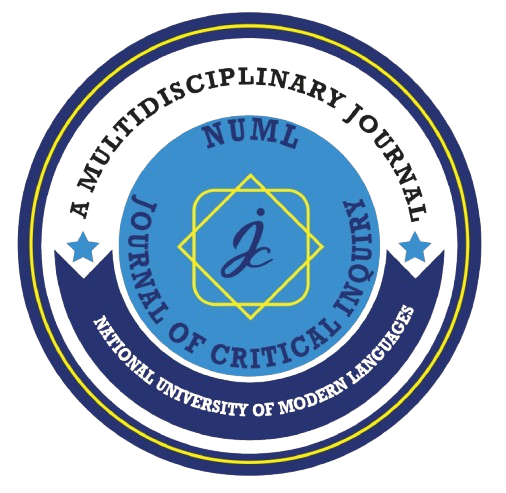Decoloniality, Indigenous Resistance, and Environmental Justice in Mother Forest: The Unfinished Story of C.K Janu
Main Article Content
Abstract
This study explores the connection between indigenous resistance, decoloniality and environmental justice through Mother Forest: An Unfinished Story of C.K. Janu. The fight for land rights issues by the Adivasi community started in India right after Independence. This controversial and sensitive realm, worsened initially by the British and sustained by successive governments through Forest Policies, requires critical examination. Resistance voices were always raised against such inhumane deeds of expropriation. The inseparability of land from their existence reinforced their struggle to be rooted in indigenous ontologies. Resistance battles were against the governmental bodies that stripped them of their autonomy, sovereignty, and self-determination. They were able to question bigger structures with colonial origins, highlighting the colonial nature of contemporary forest policies. Indigenous Adivasi resistance struggles, thereby, turn out to be decolonial in nature, as they contest colonial ideas that persist today. Mother Forest: An Unfinished Story of C.K. Janu, is one such tale of indigenous insurgence against unjust land expropriation. Examining the text from a decolonial perspective unveils the potential of indigenous uprisings to question bigger structures of injustice.
Conflict of interest:
The author has declared no potential conflicts of interest with respect to the research, authorship, and/or publication of this article.






